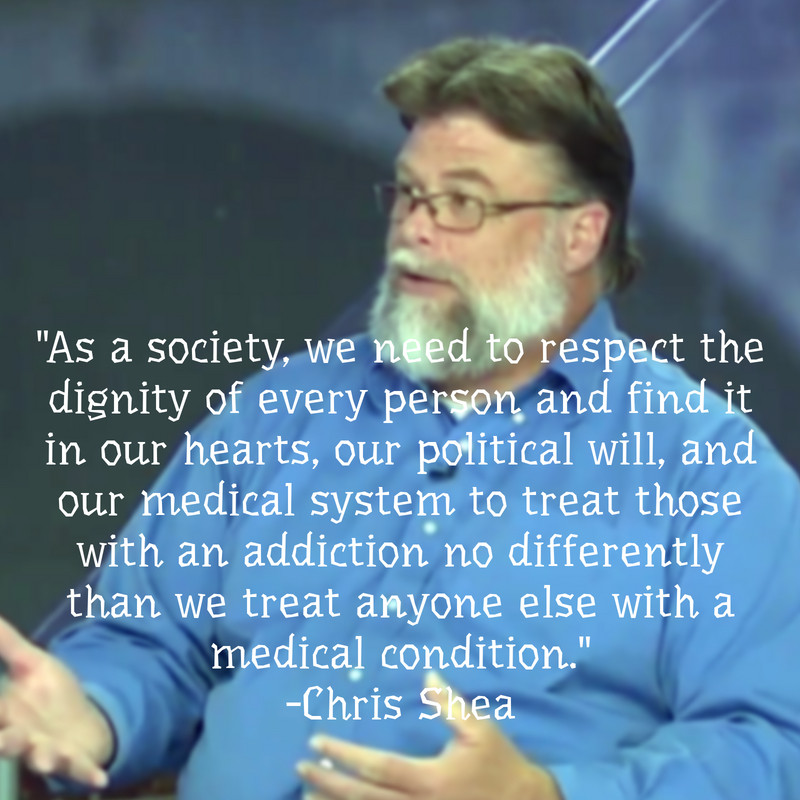
Treatment On Demand For Drug Addiction Is The Solution
Treatment on demand for drug addiction is not a reality in most places of the USA, yet cities like Baltimore could save over $46 million if everyone who wanted treatment received treatment. Unlike other illnesses, those suffering from drug addiction are turned away from treatment centers or forced to travel hundreds of miles to acquire treatment. There is no better solution to this opioid crisis than that of treatment on demand.
On July 11, 2019, I was interviewed on DC’s WUSA9 to talk about the opioid crisis and my opinion for its solution treatment on demand. The video is posted below. Most of us are well aware of the opioid crisis in the USA. According to the Centers for Disease Control (CDC), opioids were involved in 47,600 overdose deaths in 2017 (67.8% of all drug overdose deaths). As an addiction counselor of over 20 years, I’ve written from the perspective of what society, as well as families, can do about this crisis.
Now it’s time to write about a solution to this crisis, which I know will work, namely, treatment on demand.
I don’t write this out of a naive ignorance to the societal factors and big business practices which led to the epidemic and opioid overdose deaths we are encountering today. What we need right now are solutions and actions to ensure that this epidemic does not become a generational epidemic.
According to the Substance Abuse and Mental Health Services Administration (2014) from 2009 to 2013, less than 12 percent of people with substance use disorders in Maryland received any treatment. Meaning that a whopping 88 percent of people with substance use disorders in Maryland received no treatment.
Treatment on demand for everyone sounds costly. But not so when you examine the financial savings from other sectors of society. In 2015 the Baltimore City health department estimated it would cost $6.7 million to implement treatment on demand.
An Institute of Medicine study estimated that the cost per person per year of outpatient treatment for heroin was about $3,100. Untreated addictions, however, were estimated to cost $43,200 per year per person, mostly due to the cost of incarceration.
One study conducted in California (Ettner et al., 2006) calculated that $7 is saved for every $1 spent on drug abuse treatment; the main benefits are from reductions in drug-use-associated criminal activity and increases in employment earnings. Using Baltimore’s estimated cost of $6.7 million, a $7 savings on each $1 provides the City with a savings of $46.9 million!
Bonus: Download Chris Shea’s booklet on Life Coaching & is it for me? Click here to get it
I suggest that the first change which needs to be made is a philosophical shift in how we, as individuals and society, think of addiction. Many in society still do not believe that addiction is a disease, unlike any other mental health or medical illness.
For example, a person who is discharged from addiction treatment yet later relapses is typically judged for their lack of willpower and character. In many instances, they are not allowed back into treatment, or they are told to find a different treatment facility. Yet a person who is discharged from the hospital after a heart attack, who is told what changes to make in their physical activity, as well as diet, are not judged for their lack of willpower if they fail to make life changes resulting in a relapse evidenced by another heart attack. Where’s the difference?
The one person did not follow the recommendations of their treatment provider and returned to drug use while the other person did not follow the recommendations of their treatment provider and had another heart attack. Yet the person who experiences another heart attack will be readmitted to the hospital without question nor judgment.
This example illustrates what I mean by the phrase, treatment on demand. Anyone at any time which is experiencing a medical or mental illness who reaches out for help should immediately receive assistance. Currently, for those with medical issues treatment on demand is a reality, while those with a mental illness or substance use issue have to wait for their treatment due to a lack of treatment beds and funding.
As a society, we need to respect the dignity of every person and find it in our hearts, our political will, and our medical system to treat those with an addiction no differently than we treat anyone else with a medical condition.
{loadmoduleid 140}
